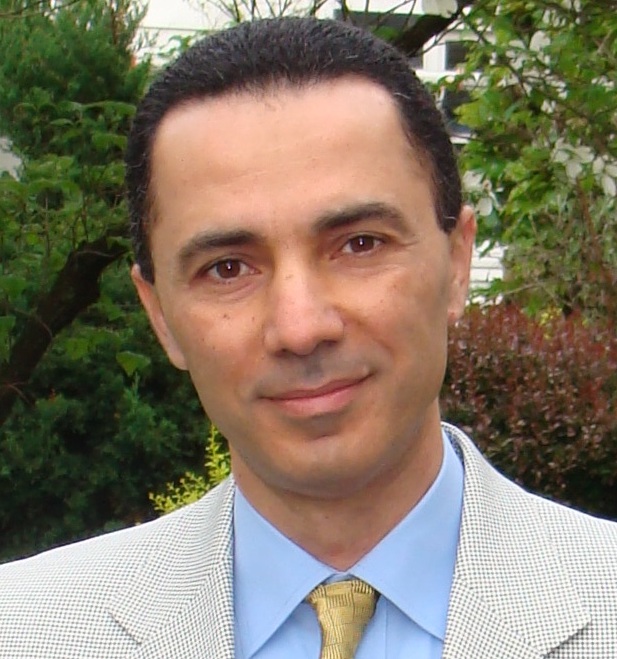- 12 Nov 2015
Literary History and the Arabic Novel
Abstract
“Zaman al-riwāya” (the time of the novel) is how Naguib Mahfouz, the Arab world’s most famous novelist and 1988 Nobel Laureate, described the modern period in Arabic literature. Considering that Arabs had always described themselves as a people of poetry, Mahfouz’s statement points to a significant shift in the hierarchy of genres. Yet the academic study of the Arabic novel is relatively recent, with early critics emphasizing its foreignness as a European import, without Arabic precedent. Some critics saw the adoption of the novel as a measure of modernization and began to evaluate the increasing number of prose fiction works from the late nineteenth and early twentieth centuries by the standards of the “mature” European novel of high Realism. From this followed a developmental narrative in which the Arabic novel belatedly duplicates the history of its European counterpart, from historicism to Realism, Modernism, and postmodernism—periods that were seen to follow one another in linear fashion in Mahfouz’s exemplary career. As research widened and critical paradigms changed, the whole question of influence became ripe for reexamination and the very theory of the novel on which standard accounts were based has been challenged. How do we rethink the history of the Arabic novel today from the vantage point of new findings and new theories? What does this tell us about the project of Arab modernity? This lecture maps out the field of the Arabic novel today and outlines some significant directions in research.
About the Speakers

Director
Center for Translation Studies, University of Illinois
Waïl S. Hassan is Professor of Comparative Literature and English and the Director of the Center for Translation Studies at the University of Illinois at Urbana-Champaign, where he is also affiliated with the Department of French and Italian; the Centers for African, Global, Latin American & Caribbean, and South Asian & Middle Eastern Studies; theLemann Institute for Brazilian Studies; and the Unit for Criticism and Interpretive Theory. A specialist in modern Arabic literature and intellectual history, he is the author of Tayeb Salih: Ideology and the Craft of Fiction (Syracuse, 2003) and Immigrant Narratives: Orientalism and Cultural Translation in Arab American and Arab British Literature (Oxford, 2011). He has co-edited Approaches to Teaching the Works of Naguib Mahfouz (MLA 2012) and several journal issues on Arabic and postcolonial studies. He is also the translator, from Arabic into English, of Abdelfattah Kilito’s Thou Shalt Not Speak My Language (Syracuse, 2008), and from Portuguese into Arabic, of Alberto Mussa’s O enigma de Qaf, published in Cairo, Egypt, as Lughz al-qāf (National Center for Translation, 2015). He is currently writing a book on Arab-Brazilian literary and cultural relations and editing The Oxford Handbook of the Arabic Novel.




